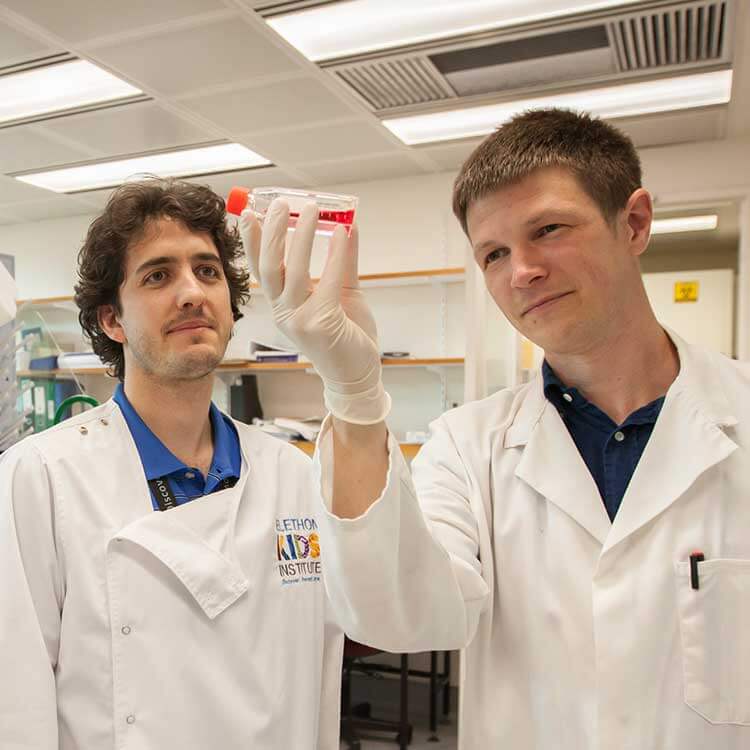Search
There is now considerable evidence demonstrating that both prenatal and postnatal exposure to particular classes of microbial stimuli can provide beneficial signals during early life immune development, resulting in the protection against future inflammatory disease.
Brown adipose tissue (BAT) may be an important metabolic regulator of whole-body glucose. While important roles have been ascribed to macrophages in regulating metabolic functions in BAT, little is known of the roles of other immune cells subsets, particularly dendritic cells (DCs). Eating a high-fat diet may compromise the development of hematopoietic stem and progenitor cells (HSPCs)-which give rise to DCs-in bone marrow, with less known of its effects in BAT. We have previously demonstrated that ongoing exposure to low-dose ultraviolet radiation (UVR) significantly reduced the 'whitening' effect of eating a high-fat diet upon interscapular (i) BAT of mice.

The Pregnancy and Early Life Immunology team's overall research vision is targeted towards understanding immunological development during early life.
We are studying immune cells from identical twins of which one suffers and one does not suffer from allergic disease to identify specific mechanisms that may play important roles in disease development.

This study is designed to identify the specific unique immune cell response that occurs in these children with recurrent disease.
Studies in Europe show exposure of pregnant women to high levels of microbial products stimulate immune function maturation in their offspring
The study aims to identify the mechanism for this so that this knowledge can be used to better treat asthma and allergies in both males and females.
This project investigates how cells of the immune system respond to substances to cause allergies to help develop new treatments.
Peanut allergy is the most common food allergy in Australian school-aged children and is rarely outgrown. Access to oral immunotherapy (OIT), a disease-modifying treatment for food allergy, is limited in many regions of the world, including Australia.
The pivotal phase 3 EPITOPE trial, a 12-month, double-blind, placebo-controlled study of epicutaneous immunotherapy with the VIASKIN patch containing 250 μg of peanut protein (VP250), previously reported significant treatment response versus placebo in peanut-allergic toddlers aged 1 through 3 years.
